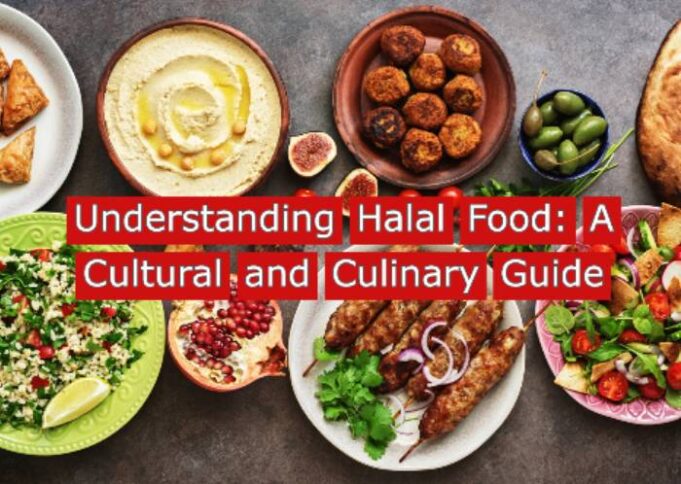Halal food is more than just a dietary choice; it’s a significant aspect of the cultural and religious practices of millions of Muslims around the world. Understanding what halal means and how it influences food culture can enrich your culinary knowledge and appreciation.
What Does Halal Mean?
The term “halal” is Arabic for “permissible” or “lawful.” In the context of food, halal refers to what is permissible to eat according to Islamic law, as outlined in the Quran. This includes the types of food that are allowed and the specific methods of preparation and processing that must be followed.
Halal Meat: The Essentials
One of the most well-known aspects of halal food is the requirement for halal meat. For meat to be considered halal, the animal must be slaughtered in a specific way, known as “Zabihah.” This process involves invoking the name of Allah (God) at the time of slaughter and ensuring that the blood is fully drained from the veins. The purpose of these rules is to ensure the humane treatment of animals and the purity of the meat.
Halal vs. Haram
In contrast to halal, the term “haram” refers to anything that is forbidden in Islam. This includes certain types of food and drink, such as pork and alcohol. Understanding the distinction between halal and haram is crucial for those following Islamic dietary laws.
The Cultural Significance of Halal Food
Halal food is deeply rooted in the cultural practices of Muslim communities worldwide. It is not just about following religious laws but also about maintaining a connection to cultural heritage and family traditions. For many, halal food brings people together, especially during religious festivals like Ramadan and Eid, where sharing meals with family and friends is an integral part of the celebration.
Halal Cuisine Around the World
Halal cuisine is incredibly diverse, reflecting the rich culinary traditions of Muslim-majority countries across the globe. From the Middle Eastern flavors of kebabs and hummus to the spicy dishes of Southeast Asia, such as nasi lemak and rendang, halal food offers a wide array of tastes and experiences. Even in non-Muslim-majority countries, there is a growing interest in halal-certified products, reflecting a broader acceptance and appreciation of halal food culture.
The Global Halal Market
The demand for halal food has expanded beyond Muslim communities, making it a significant segment of the global food industry. Halal certification has become a mark of quality assurance, with many consumers associating it with high standards of cleanliness, ethics, and health.
Conclusion
Understanding halal food goes beyond dietary rules; it involves recognizing its cultural, religious, and ethical significance. As the global interest in halal products continues to grow, learning about these practices can broaden your culinary horizons and deepen your appreciation for diverse food cultures.
What are your thoughts on halal food culture? Share your experiences in the comments below!






